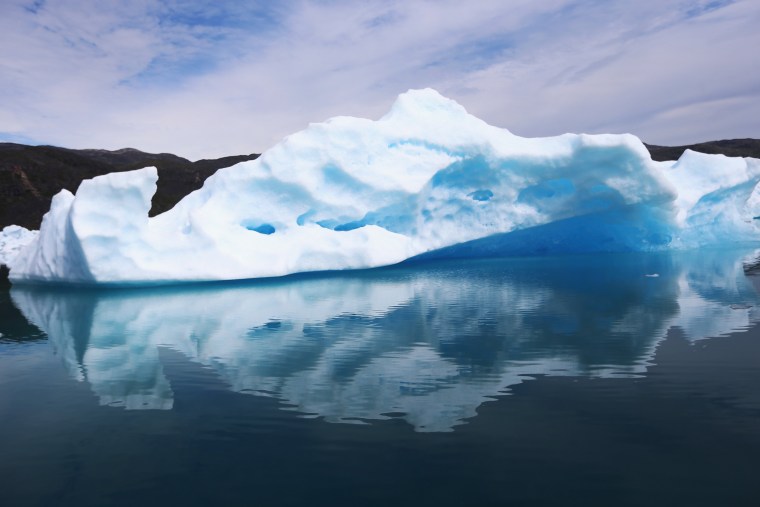The House will vote [this] week on a legislation to require the National Oceanic and Atmospheric Administration (NOAA) to focus its efforts on storm predictions instead of researching climate change. Members will consider the Weather Forecasting Improvement Act, H.R. 2413, as early as Tuesday. Rep. Jim Bridenstine (R-Okla.) introduced his bill last year after tornadoes hit his home state. Those storms led him to argue on the House floor the government spends too much on climate change research and not enough on developing weather forecasting tools to predict tornadoes and other events.
To briefly recap, GOP lawmakers in North Carolina have a new solution to rising sea levels, caused by global warming: scrap the scientific evidence pointing to rising sea levels. A state-appointed science panel warned officials that sea levels will rise 39 inches over the next century and that North Carolina needs to prepare. Under a GOP plan, officials would be prohibited from relying on the scientific evidence, and would instead have to use a historical model to set expectations. North Carolina would prepare for only 8 inches of sea level increase, since that's what happened over the last century.
Virginia's legislature commissioned a $50,000 study to determine the impacts of climate change on the state's shores. To greenlight the project, they omitted words like "climate change" and "sea level rise" from the study's description itself. According to the House of Delegates sponsor of the study, these are "liberal code words," even though they are noncontroversial in the climate science community. Instead of using climate change, sea level rise, and global warming, the study uses terms like "coastal resiliency" and "recurrent flooding." Republican State Delegate Chris Stolle, who steered the legislation, cut "sea level rise" from the draft. Stolle has also said the "jury's still out" on humans' impact on global warming.
A study on the impact of climate change on Nebraska, recently approved by the state, may not be carried out -- because its own scientists are refusing to be a part of it. The problem, according to members of the governor-appointed Climate Assessment and Response Committee, is that the bill behind the study specifically calls for the researchers to look at "cyclical" climate change. In so doing, it completely leaves out human contributions to global warming.
